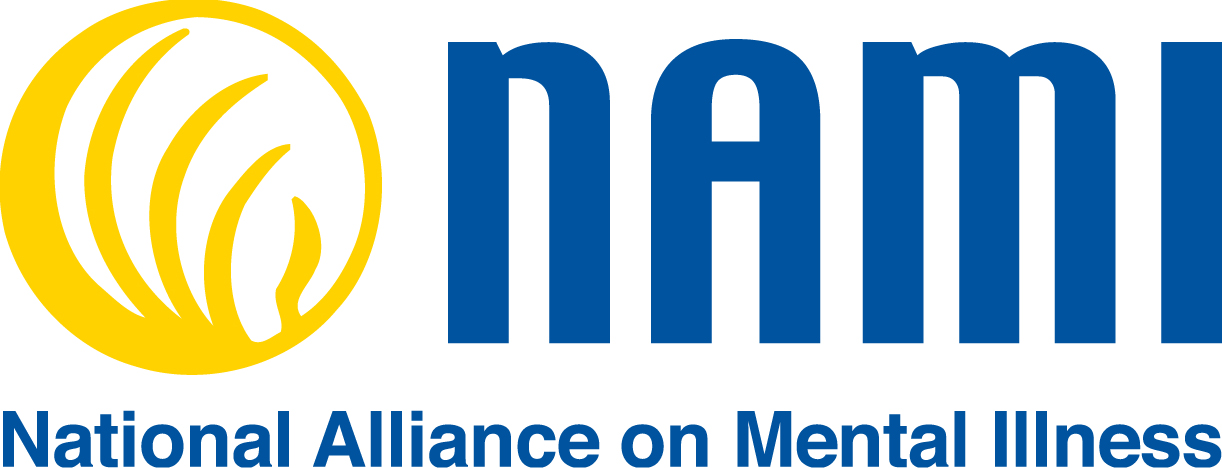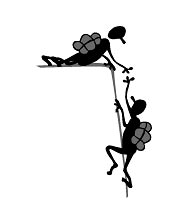
NAMI Joins In Correcting NPR’s CEO

Before You Vote, Question Candidates
Bob Carolla at the National Alliance on Mental Illness has been tirelessly lobbying editors, bloggers, and columnists to ask candidates in the upcoming November elections about the need for mental health reforms. Because of the recession, many states are cutting budgets and mental health funding often is an easy target.
We need to stop that from happening. 
Carolla and NAMI are wisely pointing out that cutting the budgets for mental health programs is counter-productive, especially when those cuts lead to persons with chronic illnesses ending up in jails and prisons because of a lack of adequate community services.
NAMI and Drug Makers’ $$$

What Advice Would You Give? What Advice Do You Wish Someone Would Have Given You?
A family friend stopped by unexpectedly and began to cry the moment she entered our house. She explained that her son had been diagnosed with a serious mental illness. 
She asked me for advice.
It’s easy for those of us who have been dealing with mental disorders for many years to forget how we felt the first time we learned that someone we loved had a brain disorder. But seeing my friend in distress instantly reminded me of how confused, angry and hopeless I had felt when Mike first became ill.
We Need To Talk To Each Other If We Want Reform

NAMI Changed My Life

When I was a Washington Post reporter, I did not believe in joining groups or organizations. I needed to be independent in order to be objective. Then my son, Mike, got sick and the first thing I did after I finished writing my book, CRAZY: A Father’s Search Through America’s Mental Health Madness, was join the National Alliance on Mental Illness (NAMI.)
Why?


